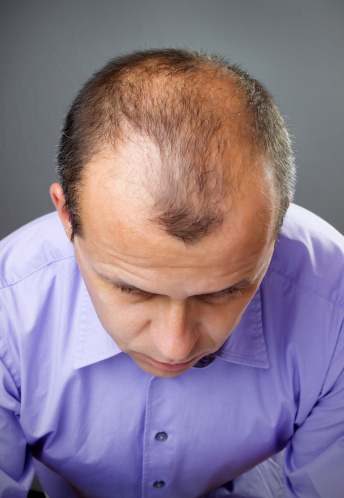Memory loss in seniors may be better treated with increased brain activity
 A part of the brain known for memory was found to be more active in seniors, which researchers believe may help prevent memory loss due to aging and Alzheimer’s disease. The hippocampus is the part of the brain responsible for memory formation and preservation. Previous research investigated cells in the hippocampus called CA1, but another cluster of cells, CA3, is often overlooked.
A part of the brain known for memory was found to be more active in seniors, which researchers believe may help prevent memory loss due to aging and Alzheimer’s disease. The hippocampus is the part of the brain responsible for memory formation and preservation. Previous research investigated cells in the hippocampus called CA1, but another cluster of cells, CA3, is often overlooked.
The researchers uncovered surprising patterns of activity from recordings of CA3 pyramidal cells in aging rats.
The assumption has been that CA3 cells are similar to CA1 cells, but when researchers compared the activity of CA3 from young rats with older ones they noted neurons were more active in the older rats.
Senior author, John Disterhoft, Ph.D., said, “We were actually quite surprised at the pattern of changes we saw in the recordings. Before this study, there had been some evidence that CA3 was more excitable during aging and cognitive impairment in humans, but we didn’t understand the mechanism. These findings are pointing us to more effective therapeutics.”
CA1 activity decreases with aging, which is the exact opposite of what occurs with CA3. This lack of activity is what is linked with memory decline.
Co-author M. Matthew Oh said, “What we can do now very well is identify the cellular properties of abnormal things that change with aging and discover how we can make it young-like again.”
The research team believes the findings are important because they reveal that not all parts of the brain react the same way to aging. They also suggest that future treatment of Alzheimer’s disease must take into account all these different effects.
Molly Wagster from the National Institute on Aging at the National Institutes of Health added, “These findings underscore the complexity of the mechanisms involved in the aging brain, and why many fronts must be explored in our search for effective treatments for Alzheimer’s disease and related dementias.”
Previous research on ways to improve dementia treatment tackled ways to boost activity in neurons. Disterhoft added, “If drug discovery efforts were solely based on results from CA1 neurons, as they were prior to our current findings, then increasing activity of CA1 neurons may be helpful in restoring the function of CA1 in aged subjects, but at the same time it may prove even more detrimental to the CA3 neurons that are already hyperactive.”
While increasing activity in some areas of the brain may be helpful, this research also shows it is not beneficial for all areas of the brain as activity will naturally increase with aging. Future research is needed to explore uncommon and often overlooked areas of the brain to better understand it as a whole.
The findings were published in the Journal of Neuroscience.
Also read: Why your weight could be hurting your memory
-
Healthy Weight Loss Without Dieting
We are becoming a nation of overweight people. The Centers for Dis
-
Calorie Weight Loss Diet
Losing weight is the utmost goal for many people suffering from obesit
-
7 things to do before starting a weight-loss program
I want to clarify from the start that by weight-loss program I dont
-
What Is The Best Acai Supplement For You?
In light of all the publicity from major news sources such as CNN and
-
How dieting can help you lose weight
Everybody wants to live a healthy and happy life. We must eat to li
-
4 Training Secrets for Fat Loss
95% of people who go to the gym are afte
- DON'T MISS
- Must Know Tips For Losing Weight Now!
- How To Lose Fat And Build Muscle
- The Exact Reason Why Cardio is Essential: The Starvation Response
- Becoming Taller In A Quick Way
- 10 Easy Steps To Fat Loss
- When A Parent Has WLS What To Tell Our Chubby Children
- The Dangers Of Liposuction
- Weight Loss: Goal-Setting for Success
- Fat Burning Pills Do They Really Work
- You Can Lose Weight Naturally




